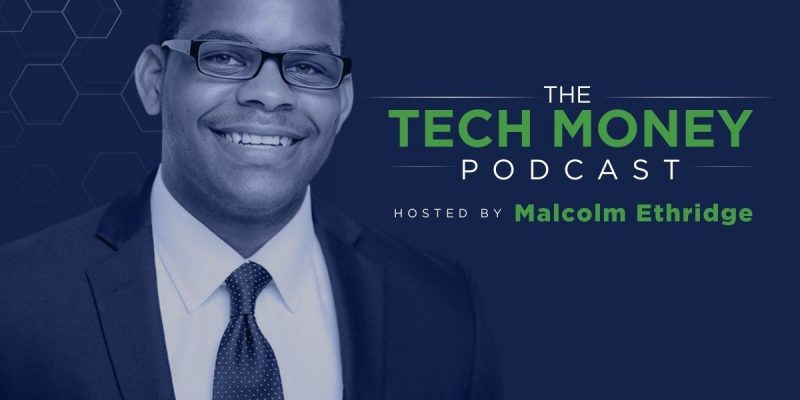The banking and payments industry is in a period of rapid change, with new technologies and services emerging all the time. It can be hard to keep up.
In this episode, Malcolm Ethridge speaks with Aaron Wollner, the Chief Marketing Officer of Quontic. They discuss how Quontic is changing the narrative of traditional banking by being digital-first and customer-centric without sacrificing the personal touch of traditional banking. Aaron delves into the benefits of being a digital-first bank, why they created a wearable payment technology and his advice for those who are interested in starting a business in an industry that is slow to embrace new technology.
Aaron discusses:
- What it means for a bank to be identified as a CDFI and what type of customers they focus on serving
- The benefits of being a digital-first bank and the perks of working with people within that community
- Why Quontic created a contactless payment ring that’s wearable, and how it works
- How asking basic fundamental questions can help people who are looking to build a business in an industry that is traditionally slow to adopt change and embrace new technology.
- And more
Connect With Aaron Wollner:
Connect With Malcolm Ethridge:
- The Tech Money Podcast
- LinkedIn: Malcolm Ethridge
- Connect with Malcolm
- @MalcolmOnMoney
- Download the Tech Money Guide to RSUs
About Our Guest:
Aaron Wollner is the Chief Marketing Officer of Quontic, an adaptive digital bank that helps people grow their money with purpose by changing the narrative of traditional banking, being digital-first and customer-centric without sacrificing the personal touch. Aaron has delivered results for companies ranging from Fortune 500 and FinTech startups. He spent over 15 years honing his craft both as a consultant for financial institutions like American Express, Bank of America, CAN Capital, City National Bank, and BBVA and as a marketing leader for FinTechs, such as Resolve and TaxSlayer.
Podcast: Play in new window | Download | Embed
